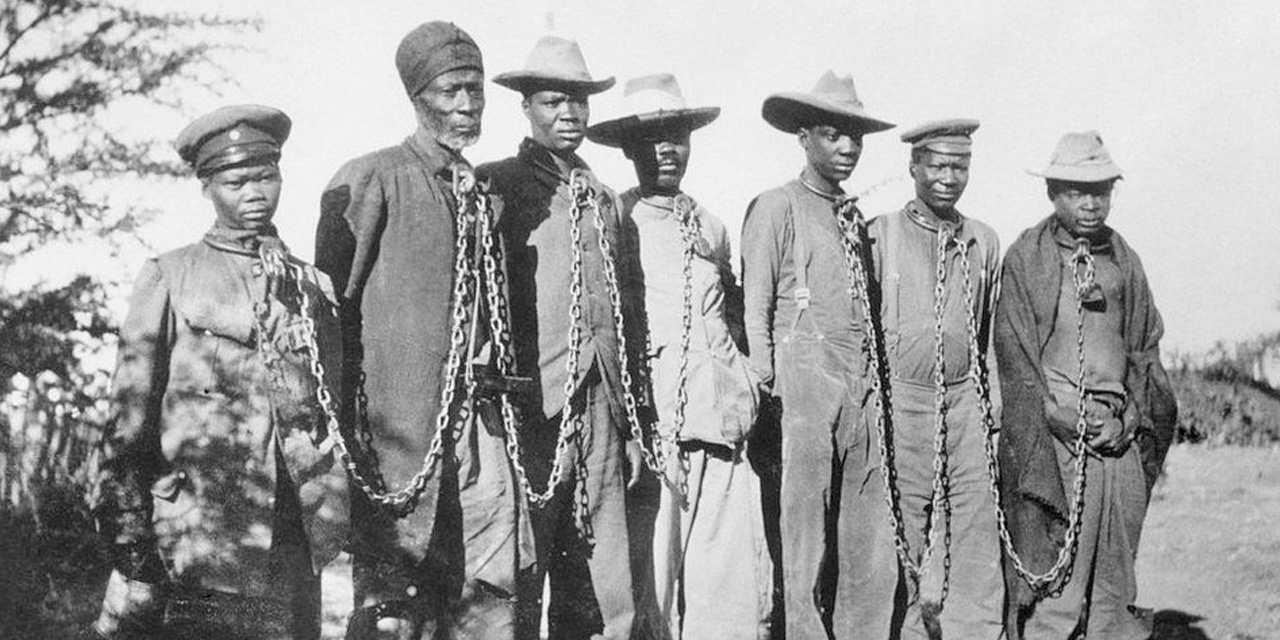Niël Terblanché
The Port of Walvis Bay is set to undergo a transformation with the commencement of a six-month-long capital dredging project aimed at widening and deepening its main navigation channel.
The Namibian Ports Authority’s (Namport)Chief Port Captain, Lukas Kafuna has outlined the operational details of the dredging project, which will involve three dredger vessels, each measuring 140 metres in length, supported by a 24-metre Multi Cat and a survey vessel.
To ensure maritime safety during the dredging operations, Namport has issued a notice to all marine stakeholders detailing the movement schedules of each dredger over the six months, as well as the designated routes and positions for the disposal of dredged materials.
Kafuna said that during this period, vessels will be required to have a Namibian marine pilot on board to navigate the channel, and the West Inshore Traffic Zone will be off-limits to pilot-exempt vessels.
“Existing green navigation buoys will be temporarily removed and replaced with virtual navigation aids to facilitate the dredging process,” he said.
This undertaking marks the most substantial dredging effort at the Port of Walvis Bay since the construction of the new container terminal, which began in mid-2014 and was commissioned on 24 August 2019.
That project involved reclaiming 40 hectares of land from the bay, achieved by dredging and deepening the port, with the extracted sand used to form the new land.
The terminal’s construction included the development of quay walls, paved areas, buildings, roads, railway lines, and the installation of ship-to-shore quay cranes and rubber-tired gantry cranes.
This expansion increased the port’s container handling capacity from 350 000 TEUs to 750 000 TEUs per annum, significantly enhancing its role as a logistics hub in the Southern African Development Community (SADC) region.
The current dredging project is expected to further strengthen Walvis Bay’s position as a key maritime gateway to the southern African region, enabling it to accommodate larger vessels and handle increased cargo volumes.
This development is anticipated to have a positive impact on Namibia’s economy by facilitating greater trade flows and strengthening the country’s connectivity to global markets.
Namport did not disclose the financial details of the dredging project, including its total cost or the specific financial responsibilities of Namport and TiN.
The successful completion of this dredging initiative will be another milestone in the ongoing development of the port of Walvis Bay.
The dredging project is part of the new partnership between the Namibia Ports Authority (Namport) and Terminal Investment Namibia (TiN), a subsidiary of the Mediterranean Shipping Company (MSC).
TiN assumed operations of the new container terminal, constructed on reclaimed land within the port, at the beginning of October under a 25-year concession agreement.
The company plans to develop the terminal to its full potential, aligning it with the standards of other global container terminals operated by MSC.
This will expand the channel’s width from 134 metres to 200 metres and increase its depth from 14.4 metres to approximately 17 metres, thereby accommodating larger vessels and boosting the port’s operational capacity.




